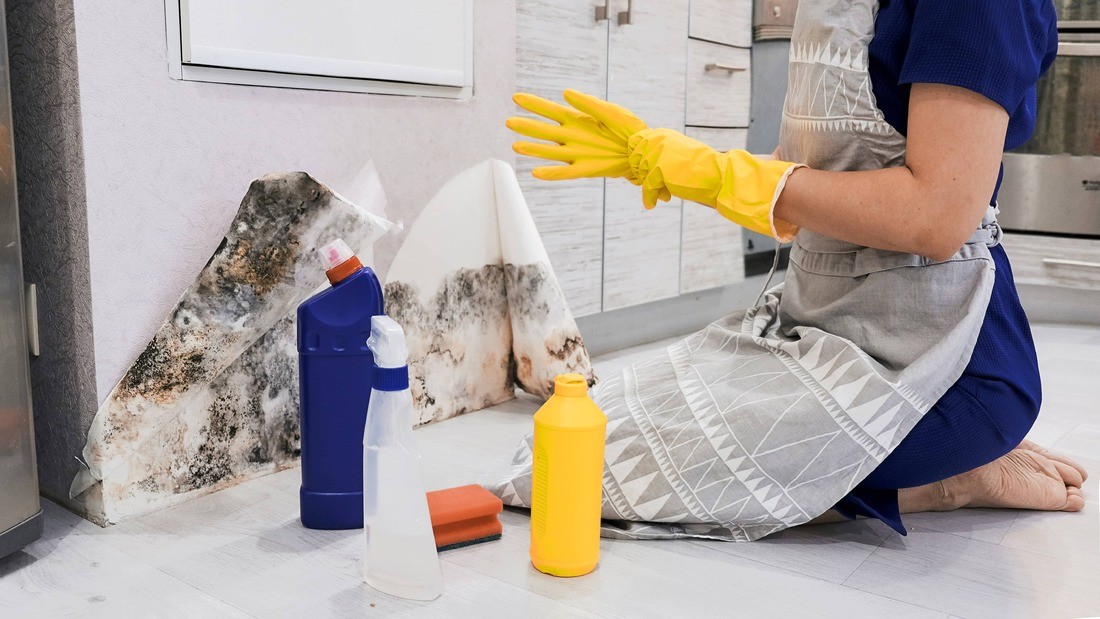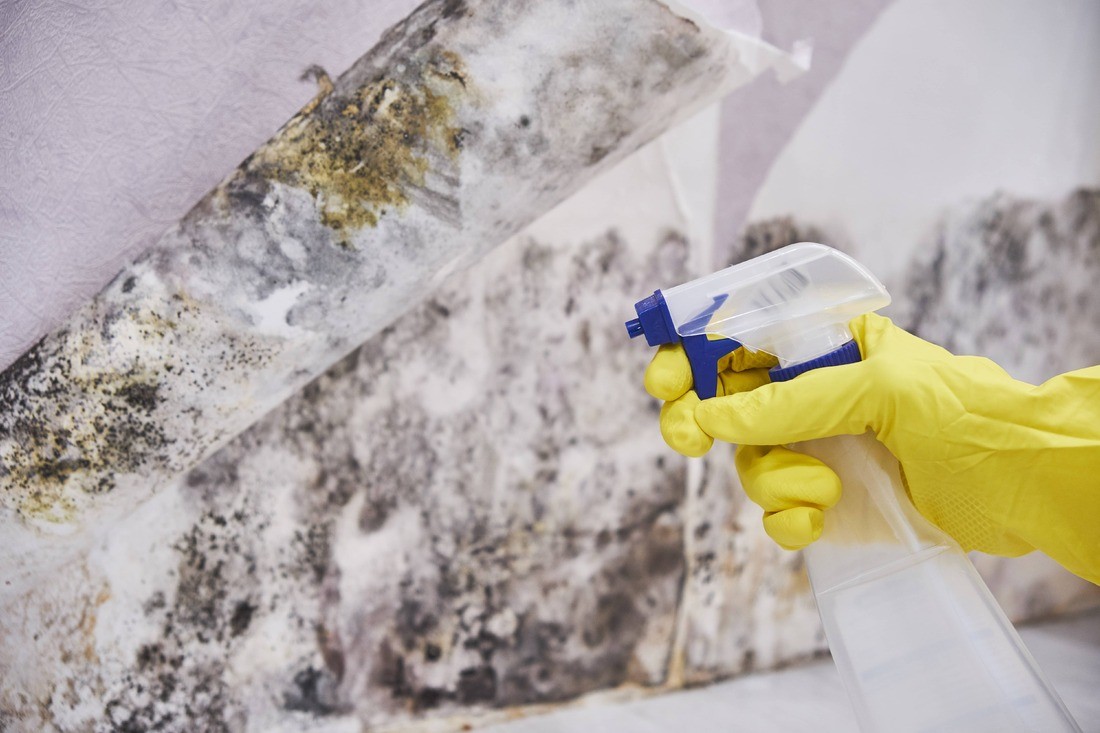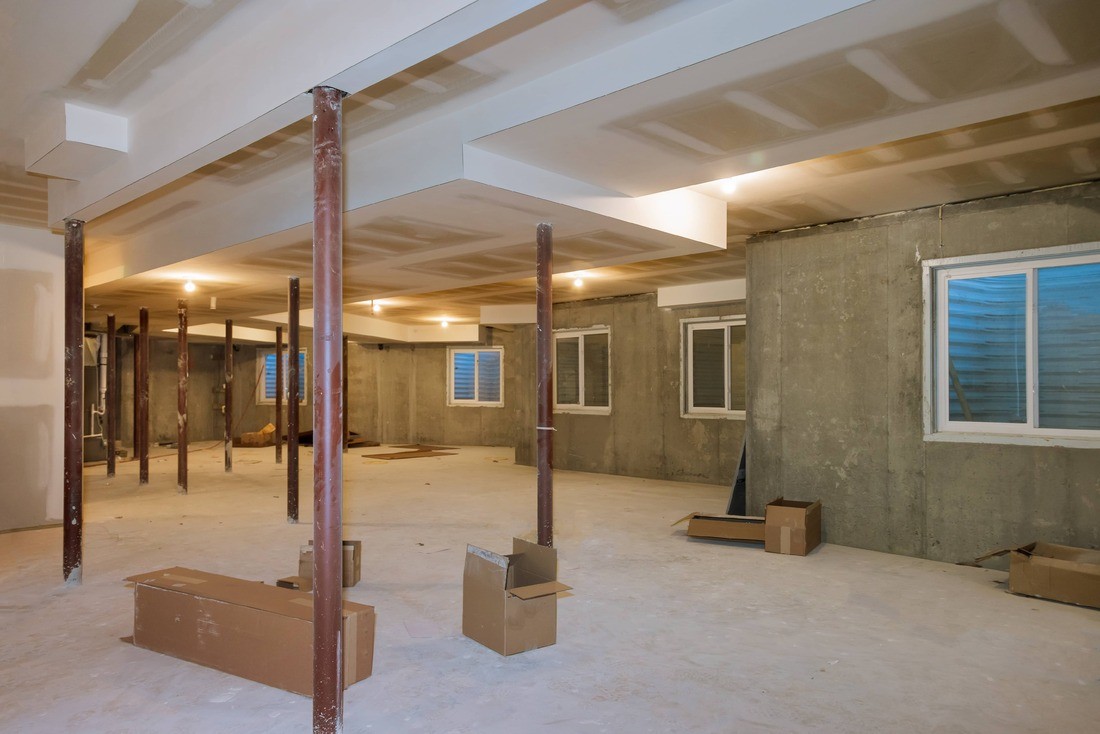
Understanding the Risks of Basement Flooding
Basement flooding can cause significant damage to your property. It can lead to water damage, mold growth, structural issues, and the loss of personal belongings. This is especially true in low-lying areas, where the risk of flooding is higher.
Low-lying areas are prone to basement flooding due to several factors. Inadequate drainage around basement walls, heavy storms, faulty sump pumps, or appliance failures can all contribute to basement flooding. Dirt and debris often accumulate in drains, preventing water from draining out effectively.
Preventive Measures to Stop Basement Flooding
Taking proactive measures can help prevent basement flooding in low-lying areas. Here are some steps you can take:
1. Maintain Proper Grading and Landscaping
Ensure that the area around your home is properly graded to direct water away from the foundation. Regularly inspect and maintain your landscaping to prevent soil erosion and water accumulation near the basement walls.

2. Install a Reliable Sump Pump
A sump pump is a crucial component in preventing basement flooding. It collects water from the basement and pumps it away from the foundation. Invest in a high-quality sump pump and regularly test and maintain it to ensure it functions properly.
3. Clean and Maintain Gutters and Downspouts
Clogged gutters and downspouts can cause water to overflow and pool around the foundation, increasing the risk of basement flooding. Regularly clean and maintain gutters and downspouts to ensure proper water flow and drainage.
4. Install Window Well Covers
Window wells are vulnerable areas for basement flooding. Install window well covers to prevent water from entering through basement windows. This will help keep your basement dry during heavy rains or storms.
5. Seal Basement Cracks and Gaps
Inspect your basement for any cracks or gaps where water can seep in. Use waterproof sealants to seal these areas and prevent water intrusion. Regularly check and reseal as needed to maintain the integrity of your basement walls.
6. Ensure Proper Drainage Away from the Foundation
Redirect rainwater and melting snow away from your home’s foundation by installing downspout extensions and properly grading your landscape. This will help prevent excess water from pooling near the basement walls and potentially causing flooding.

What to Do if Your Basement Floods
Despite taking preventive measures, basement flooding may still occur, especially during severe weather events. If your basement floods:
1. Ensure Safety First
Before entering a flooded basement, ensure that it is safe to do so. Turn off the electricity and gas to prevent electrical hazards and gas leaks. Assess the structural integrity of the basement before entering to avoid potential risks.
2. Remove Water and Dry Out the Basement
Remove the standing water from the basement using pumps or wet/dry vacuums. Use fans and dehumidifiers to dry out the space and prevent mold growth. Remove any damaged items from the basement and properly dispose of them.
3. Assess and Repair the Damage
Once the basement is dry, assess the damage caused by the flooding. Repair any structural issues, replace damaged drywall or insulation, and clean or replace carpeting and furniture as needed. It is advisable to consult with a professional water damage restoration company for comprehensive repairs.
4. Take Preventive Measures for the Future
After a basement flood, it is essential to take additional preventive measures to minimize the risk of future flooding. Evaluate the effectiveness of your existing drainage systems, consider installing additional flood protection devices, and maintain regular inspections and maintenance to keep your basement dry.
Contact Our Water Damage Restoration Experts in Low-Lying Areas
Preventing basement flooding in low-lying areas is crucial for the protection of your property. If you need professional assistance with water damage restoration or emergency water removal, contact JGW Group Water Damage Restoration Deerfield Beach at 754-294-5717. We specialize in basement flood restoration, water damage cleanup, and restoration services. Let our experts ensure the safety and integrity of your property.



